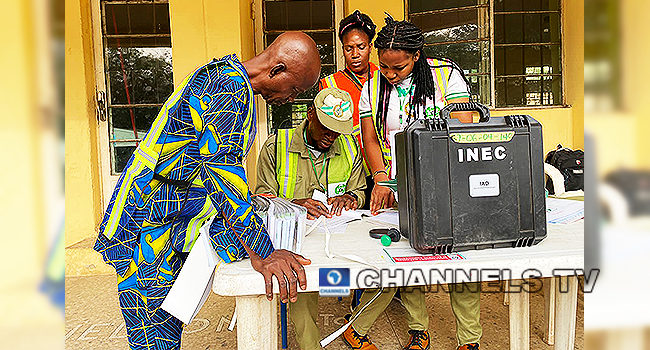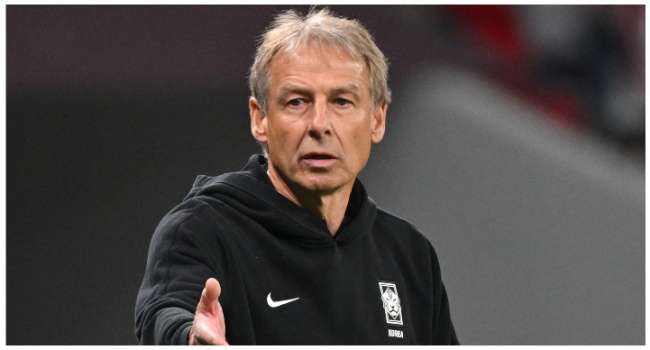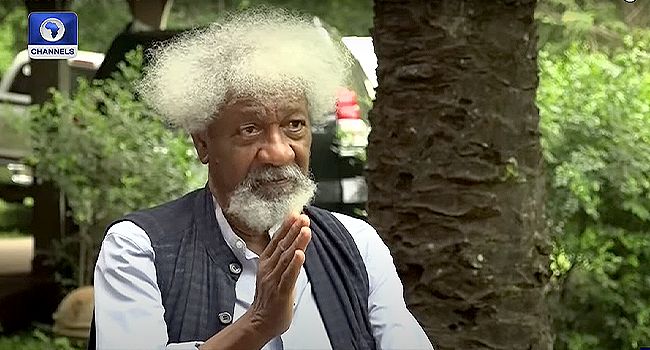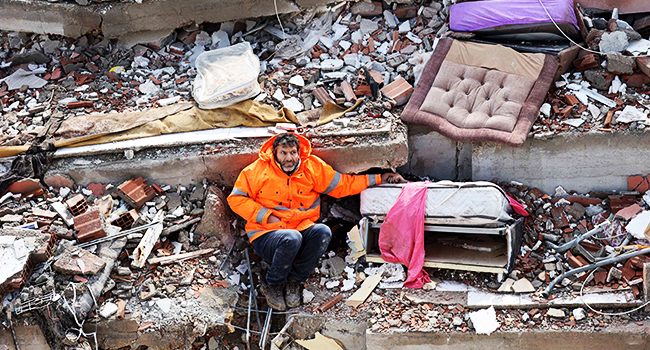Accreditation and voting have commenced in some polling units in parts of Nigeria as the 87.2 million voters with Permanent Voter Cards go to the polls to elect a new president and members of the country’s National Assembly.
Officials of the country’s electoral agency, the Independent National Electoral Commission (INEC) had arrived at some of the 176,606 polling units scattered across the 36 states and the Federal Capital Territory that make up Nigeria.
With the arrival of INEC officials are voting materials – sensitive and non-sensitive materials. Voting and accreditation started at 08:30am in most polling units across the country.
Already, voting has commenced in Iperu in the Ikenne Local Government Area of Ogun State.
Accreditation and voting have also commenced at Iregun ward 3, Unit 3 in Iperu, the voting area of the Ogun State governor, Dapo Abiodun.
Voting has also begun in the Madobi Local Government Area in Kano State.
At unit 06 of Magaji Are, accreditation and voting are ongoing in Kwara State.
Voting has also started in polling unit 019 of Agulu in Aniocha Local Government Area of Anambra State where one of the presidential candidates is expected to vote.
Similarly, voters have started to cast their votes at PU 27 in Model Secondary School Maitama, Abuja.
One of the uniqueness of this year’s election is the deployment of the Bimodal Voter Registration Systems (BVAS), the technological system stipulated in the Electoral Act of 2022 which allows the accreditation of voters through biometrics capturing, and uploading of results amongst others.
Historically, INEC rescheduled the 2011, 2015 and 2019 general elections due to security, logistics and operational challenges but the 2023 polls will go down as historic as the first election to hold as scheduled since 2011.
2011
In 2011, INEC shifted the elections three times; the first, was after voting had begun in some states on April 2, 2011. Then INEC Chairman, Attahiru Jega cited the late arrival of electoral materials in parts of the country for the postponements.
The electoral body further moved the presidential and National Assembly polls to April 9 and then to April 16; while the governorship and state Houses of Assembly election were shifted from April 23 to April 26.
Former Bayelsa State Governor and the then acting President, Goodluck Jonathan, who contested on the platform of the Peoples Democratic Party (PDP), was declared winner of the presidential election.
2015
The situation was not anyway different in 2015 as INEC postponed the polls six days before the earlier scheduled dates, citing insecurity. The electoral body shifted the Presidential and National Assembly polls from February 14 to March 28, 2015, while the Governorship and State Assemblies’ polls were moved to April 11, 2015.
Jega attributed the postponement to the insurgency in Nigeria’s troubled North-East zone which he said could affect the safety of election personnel, voters, and materials.
A former military head of state, Muhammadu Buhari of the All Progressives Congress (APC) defeated the incumbent, then-President Goodluck Jonathan of the PDP to emerge winner of the keenly contested poll.
2019
A repeat played out four years ago as INEC shifted the 2019 Presidential and National Assembly Elections from February 16 to February 23, 2019, while it moved the Governorship/State House of Assembly/Federal Capital Territory Area Council elections to March 9, 2019, due to “logistics and operational plans”.
The incumbent, APC’s Buhari won the 2019 presidential election and secured another term of four years.
Voter turnout is expected to increase significantly in this year’s election. Already, 87,209,007 people have collected their Permanent Voter Cards (PVCs) representing 93.3% of the 93,469,008 total registered voters, according to INEC.
The contest for the election of Buhari’s successor has been described by analysts as a three-horse race between APC’s Bola Tinubu; PDP’s Atiku Abubakar; and Labour Party’s Peter Obi.
See photos of the voting process on Saturday:









